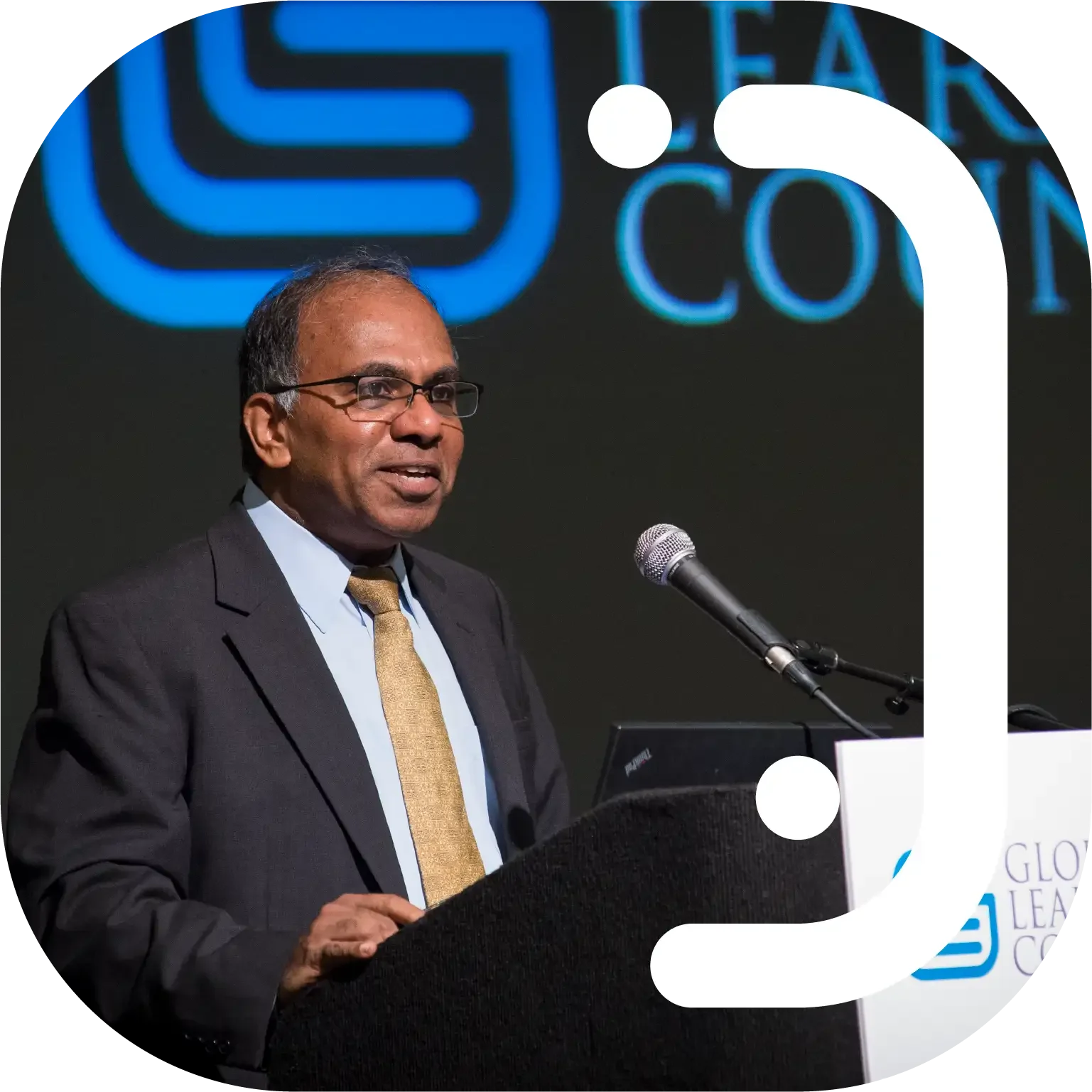
About Us
The GLC was founded in September 2014 by Subra Suresh – then President of Carnegie Mellon University – along with a distinguished international advisory board of thought leaders and practitioners to identify practices that help maximize the potential of technology-aided learning practices at universities through the science of learning.
GLC brings together thought leaders and practitioners in the effective use of technology to discuss and address system-level pathways that enhance access to education and improve learning outcomes for people of all ages and backgrounds.
GLC has assembled a strong multi-sector group of leaders, philanthropists, policy makers, and experts who will serve as Advisory Board Members and Members of Committee of Experts and Partners. They collectively provide significant domain expertise to help effect systemic transformation at scale in the science and practice of education and learning.

Our Commitment
Digitization and technology will continue to transform our lives and livelihoods and impact humanity in many intended and unintended ways. It has the potential to improve education and learning at all stages of life for people from all walks of life and geographical backgrounds. It has also markedly compressed the time horizon for the adoption of technology-enabled learning for children, adults and the elderly.
While global access to information is an important requisite for individuals to gain knowledge, it alone does not effectively and lastingly improve learning outcomes. As seen during the Covid-19 global pandemic, about one half of the world population does not have access to the internet, and millions of school children and university students from under-privileged backgrounds and under-developed regions were disproportionately disadvantaged because of the lack of availability of quality education, both in person and online. And yet, the global pandemic significantly accelerated technology deployment for commerce, personal life, and professional interactions on an unprecedented scale. These and other inequities within and among developed and developing nations with respect to opportunities for learning and for access to the internet, information and educational materials have also been exposed during the global pandemic.
We are committed to advancing the use of science and technology to improve the outcomes for learners of all ages through systemic transformation. The need for GLC has never been greater or more critical.
GLC Advisory Board

Gururaj (Desh) Deshpande
Co Founder And ChairmanDeshpande Foundation
Meagan Carnahan
Entrepreneur In Residence Executive Advisor On Climate JusticeCARE USA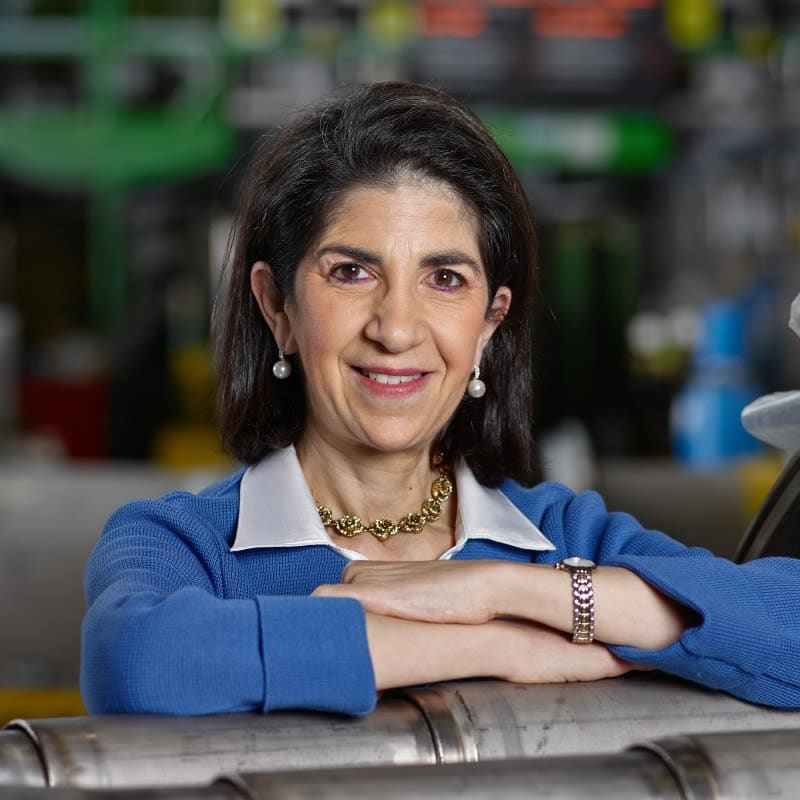
Fabiola Gianotti
Director GeneralConseil Européen pour la Recherche Nucléaire
Kris Gopalakrishnan
ChairmanAxilor Ventures and Pratiksha Trust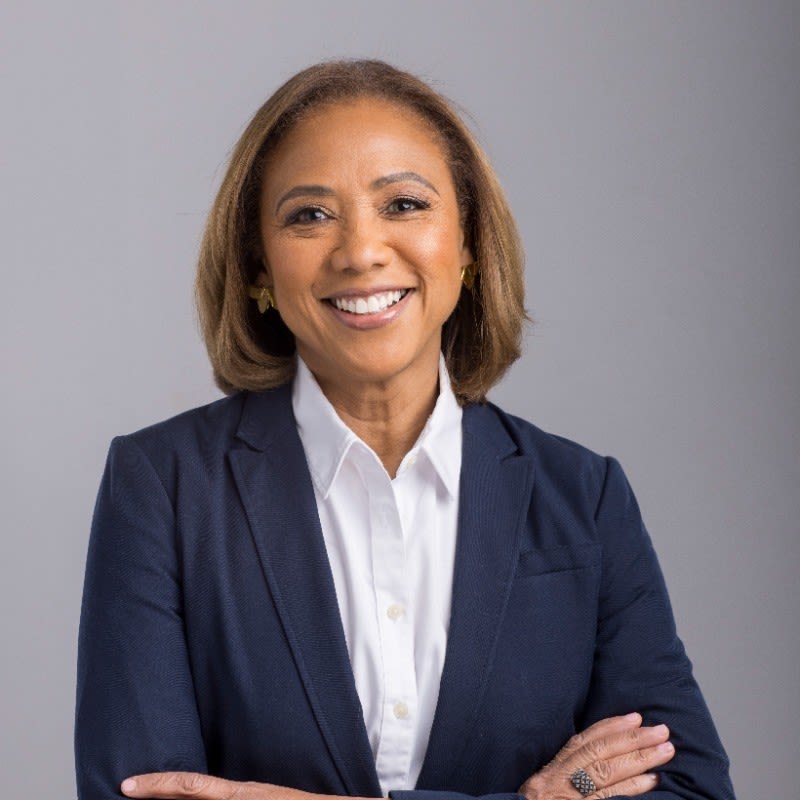
Michelle Gyles-McDonnough
Executive DirectorUnited Nations Institute for Training and Research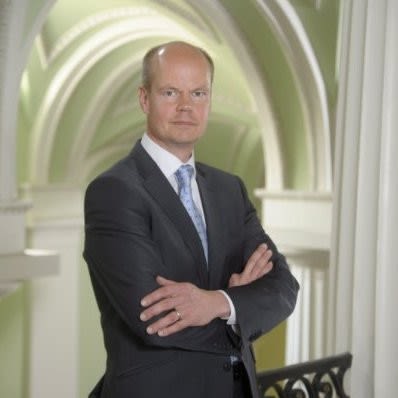
Olli-Pekka Heinonen
Director GeneralInternational Baccalaureate
Lee Howell
Executive DirectorVillars Institute
Claudette Irere
Minister Of State For Education Government of Rwanda
Bitange Ndemo
Ambassador Of Kenya To European UnionGovernment of Kenya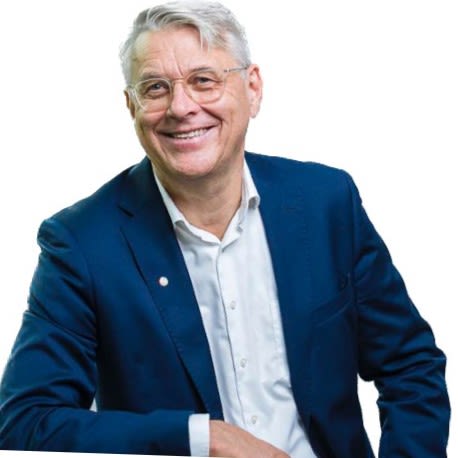
Volker Meyer-Guckel
Secretary GeneralStifterverband
S.D. Shibulal
Co FounderInfosys
Ingrid Sundström
Executive DirectorMarcus and Amalia Wallenberg Foundation
Suzanne Walsh
PresidentBennett CollegeGLC Senior Advisors
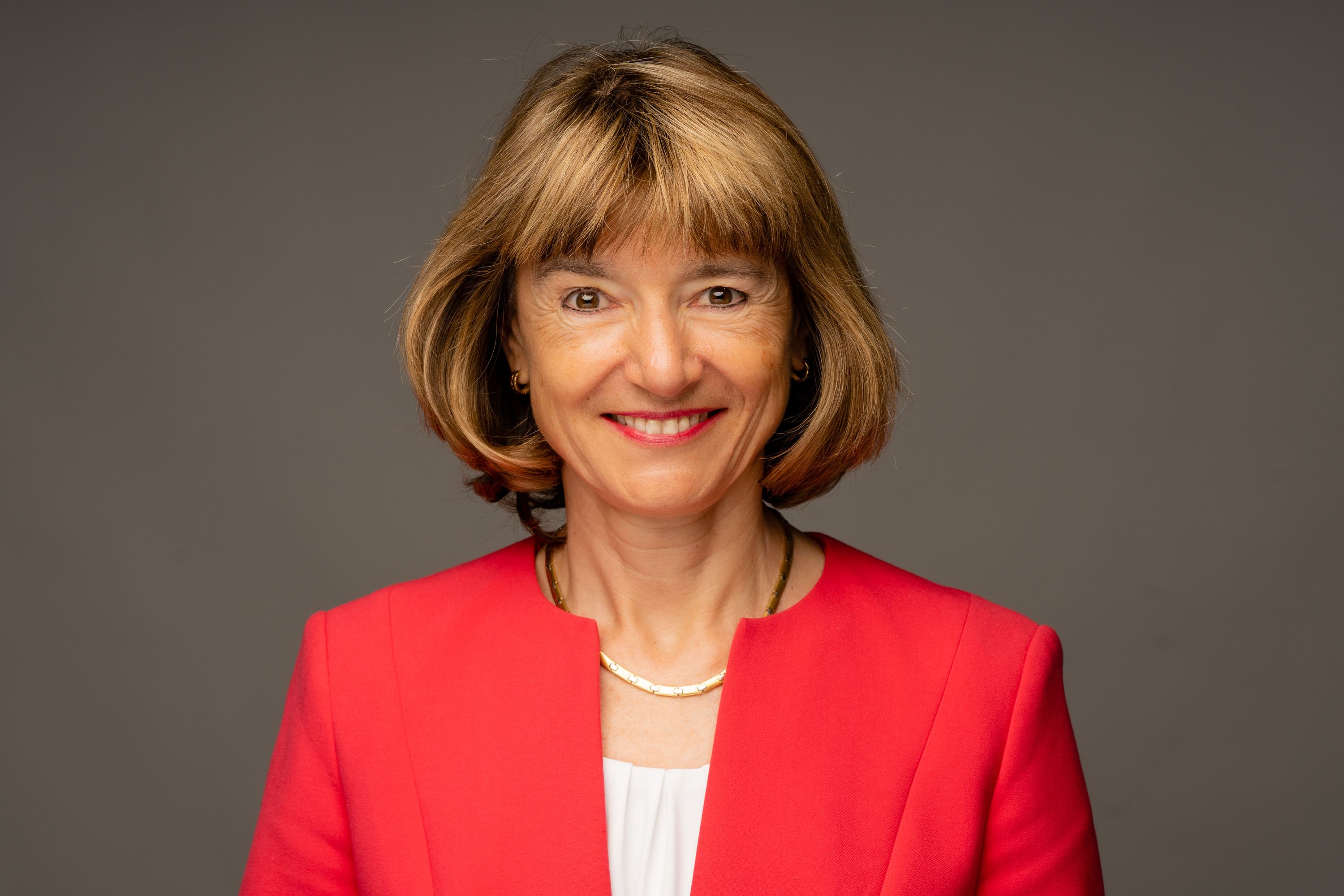
Anna Celner
Senior AdvisorGlobal Learning Council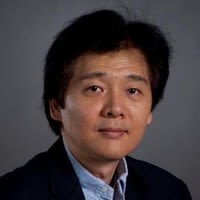
Ming Dao
Director Of Nanomechanics LaboratoryMassachusetts Institute of Technology (MIT)
Vanessa Evers
ProfessorUniversity of Twente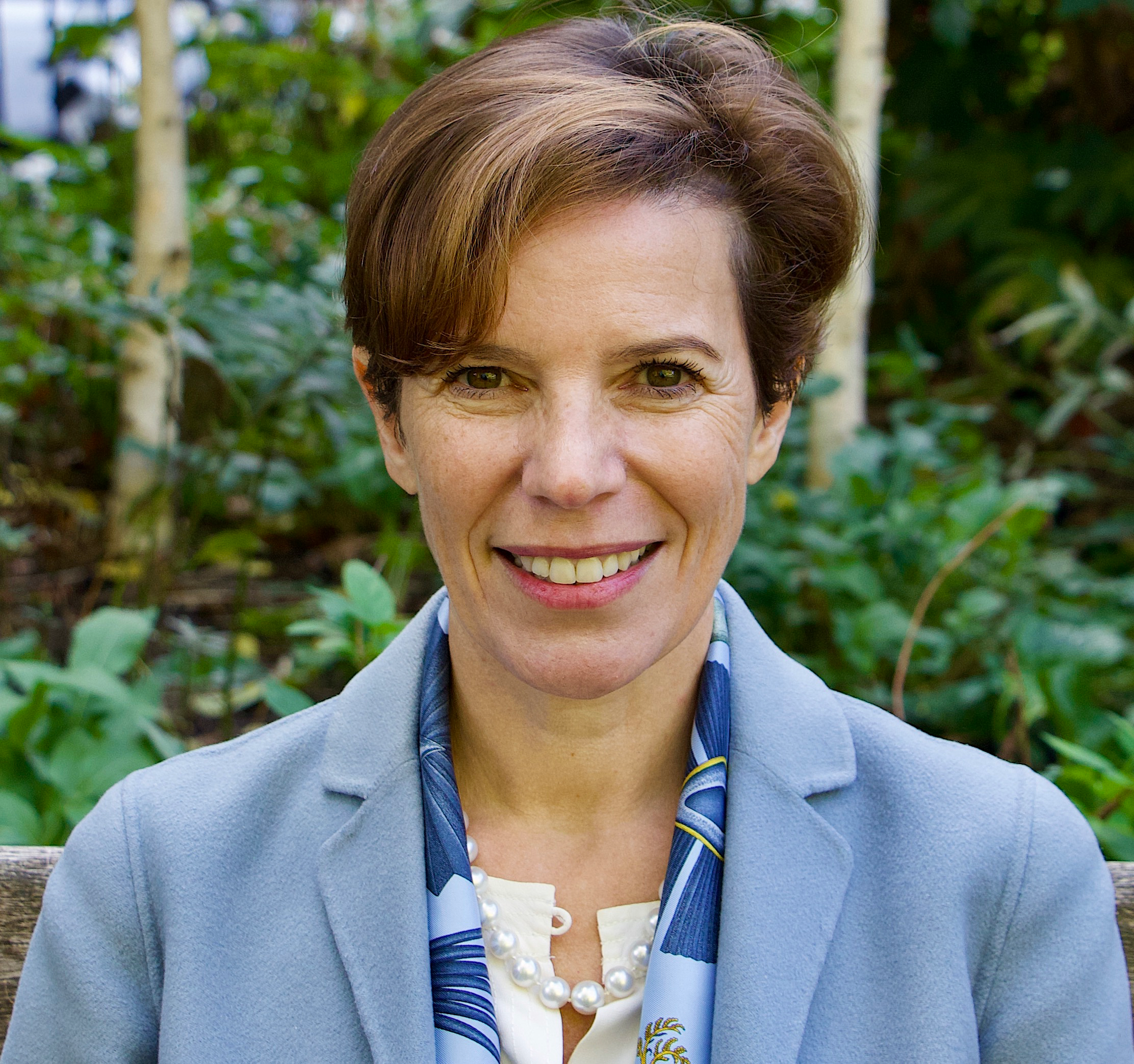
Sophia Hart
StrategistClean Energy Transition LLP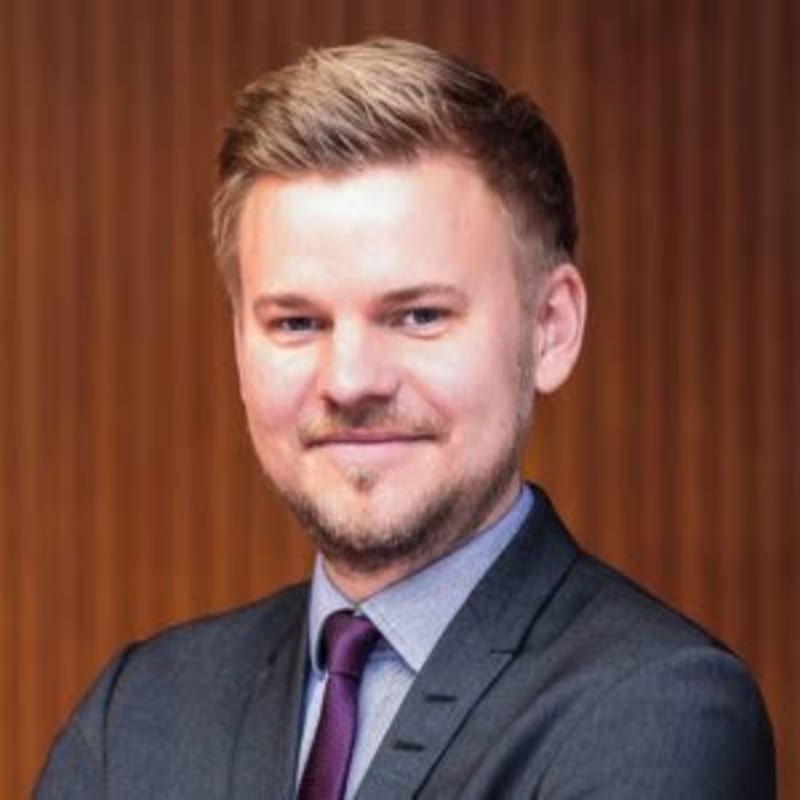
Christian Kobsda
Head Of Berlin OfficeMax-Planck-Society
Krishnan Narayanan
Co Founder And PresidentItihaasa Research and DigitalGLC Team
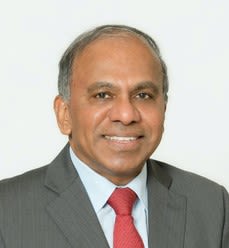
Subra Suresh
PresidentGlobal Learning Council
Arun Venkat
Director Of Applied AiVillars Institute
Jasmina Djordjevic
Education And Learning ManagerVillars Institute2023 Rejuvenation and reconstitution of GLC
Effective 1 January 2023, a re-imagined GLC with a renewed scope and action plan has been established with new leadership, a powerful global team of advisors and partners, along with a secretariat based at the Villars Institute in Villar-sur-Ollon, Switzerland.
The Villars Institute was established in January 2022 as a Swiss non-profit foundation dedicated to accelerating the transition to a net zero and nature positive economy through intergenerational collaboration, interdisciplinary knowledge, and systems leadership. It is based in the alpine village of Villars-sur-Ollon which has long history of intercultural education. The Institute’s partners include leading secondary schools and research universities from around the world. Its foundation board also has extensive experience in secondary, tertiary and executive education.

Global Learning Council Timeline
2018-22
- 2022 The Global Learning Report and a research paper on “Digital Higher Education Transformation” were completed.
- 2021 Numerous online and virtual meetings and forums were hosted.
- 2020 The GLC Summit, planned to be held in Nairobi, Kenya, had to be cancelled because of the global pandemic.
- 2019 The GLC Head Office was established in Berlin, with funding provided by the German Federal Ministry of Education and Research.
- 2018 & 2019 Workshops related to the themes of GLC were held in Bonn, Seattle, and Nairobi.
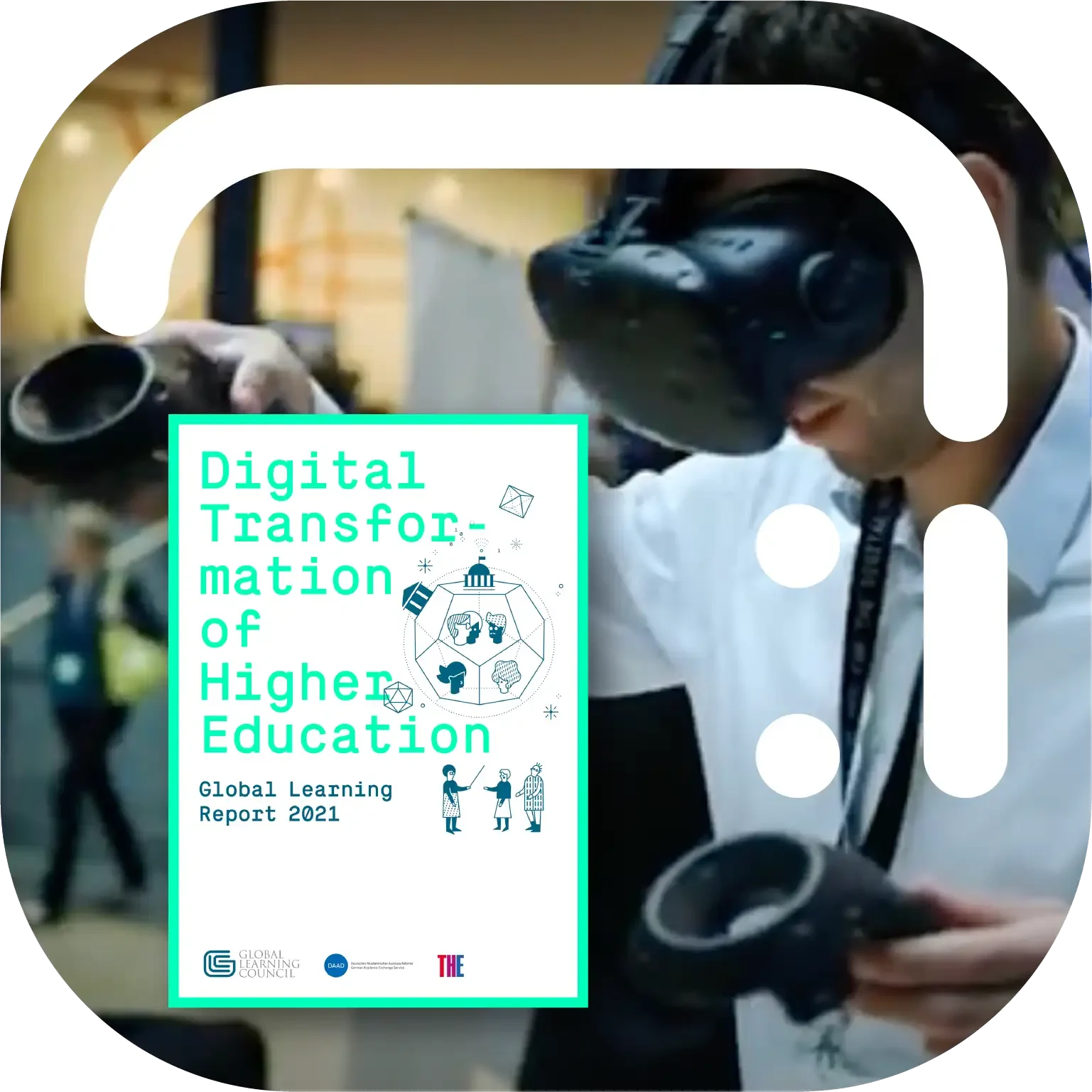
2017
In June 2017, Professor Matthias Kleiner, president of the Leibniz Association, hosted the third GLC meeting in Berlin, Germany, together with a group of German partner organizations, featuring individual tailored courseware as well as insights on adaptable, needs-based learning initiatives.
Effective 1 July 2017, the Chairmanship of GLC was transferred from Professor Suresh to Professor Kleiner.
The Berlin Consensus document was published emphasizing educational technologies that improve engagement of individuals with learning materials and with other learners. It also featured individual tailored courseware as well as insights on adaptable, needs-based learning initiatives.

2016
In April 2016, the second meeting of the GLC was convened in Singapore by Professor Tan Chorh Chuan, President of the National University of Singapore.
This event focused on technology-enhanced learning (TEL) in Asia. This conference featured topics around best practices in the development and deployment of TEL tools in higher education, consideration of cultural contexts and cross-cultural learning audiences when using TEL at scale.
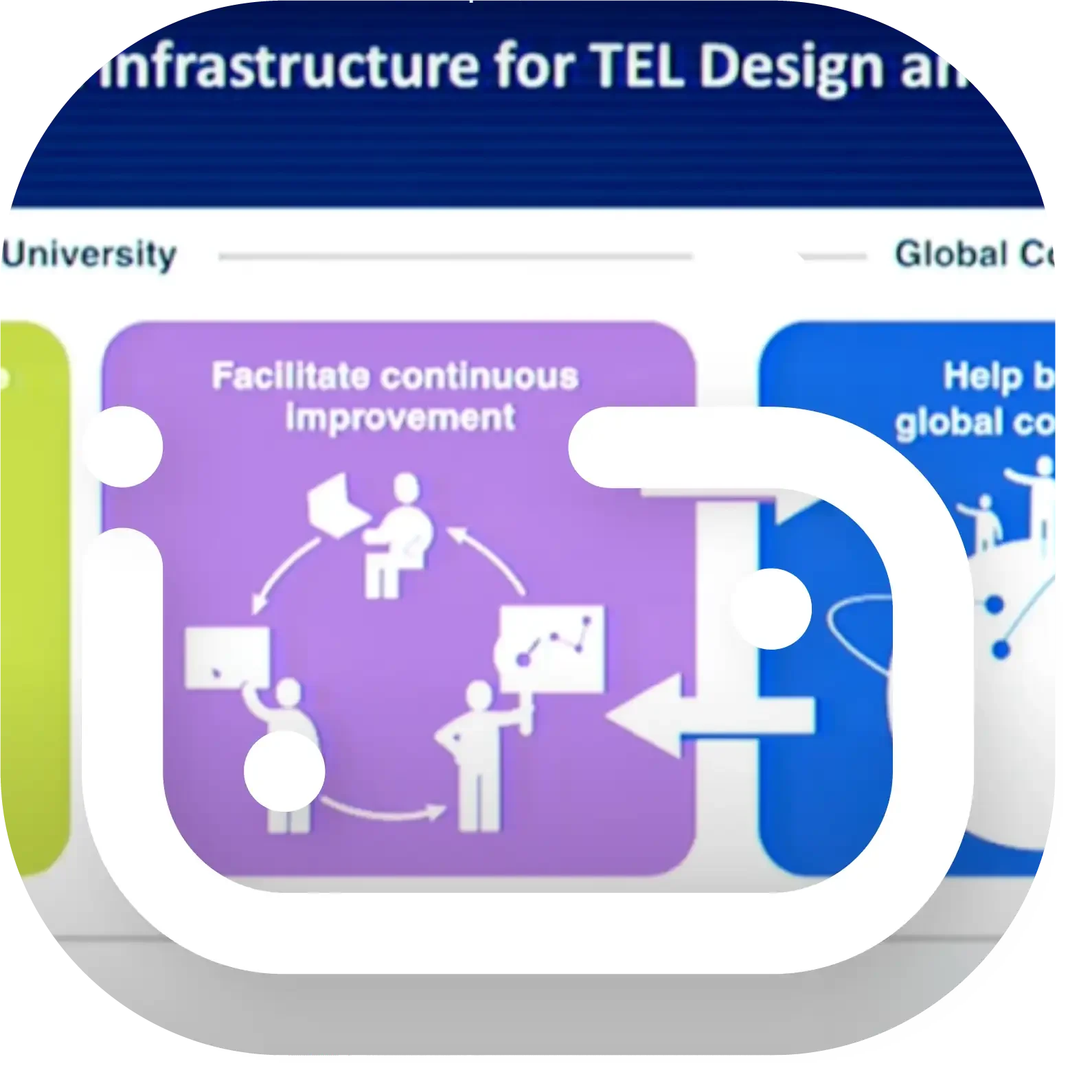
2014
The GLC was founded in September 2014 by Subra Suresh – then President of Carnegie Mellon University – along with a distinguished international advisory board of thought leaders and practitioners to identify practices that help maximize the potential of technology-aided learning practices at universities through the science of learning.
With this goal in mind, the GLC held its inaugural meeting and symposium from September 4–5, 2014, in Pittsburgh, PA, where members addressed digital education transformed by learning science, big data, and lifelong learning.
